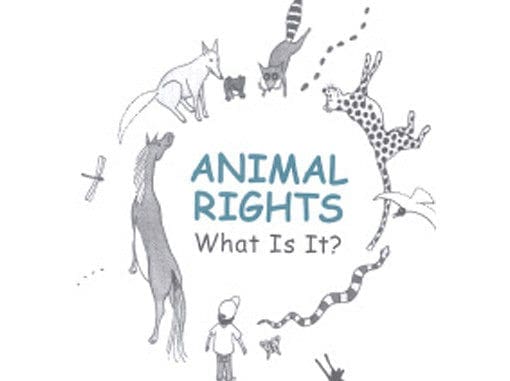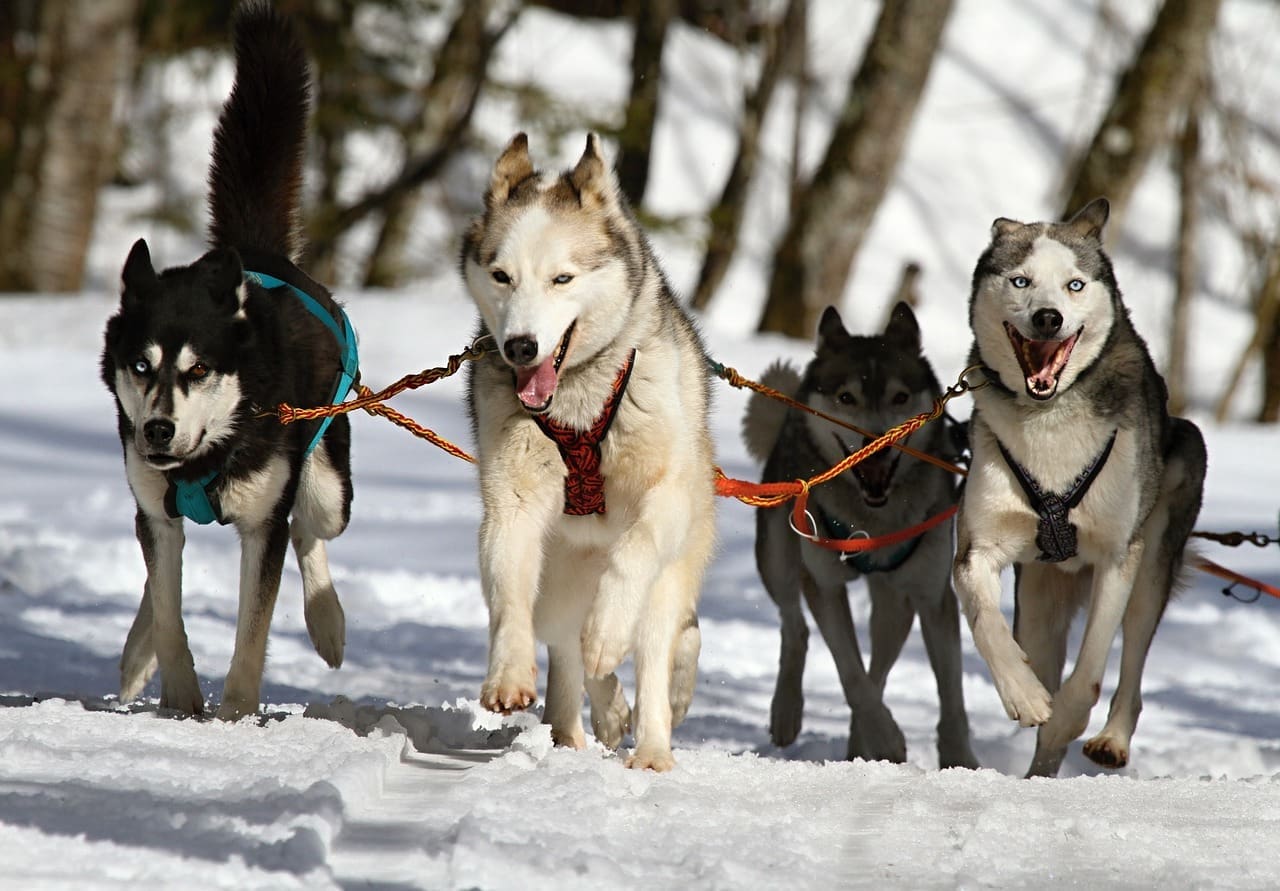
As humans, we are habituated to raising our voices against the injustice that society faces. But what happens to those who can’t? What happens to those who are killed unjustly, butchered for their meat and parts of the body to sell for enormous amounts of money. What about animals? What about animal rights?
We have only been agitated when an animal was mistreated in isolation; however, for years, these poor wildlife have been subjected to cruelty by poachers, sometimes even in unfortunate events at the hands of villagers.
What does Animal rights mean?
According to PETA, Animal rights refer to animals deserving certain kinds of consideration—consideration of what is in their best interests, whether they are “cute,” helpful to humans, or an endangered species, and regardless of whether any human cares about them. It means recognizing that animals are not ours to use—for food, clothing, entertainment, or experimentation.
Views Towards Animal Rights
There have been many contrary views on the topic. There is a school of people who believe that speciesism is plain prejudice and is as irrational as any other form of it prejudicial behavior and that no animal could be treated as property or be used as food, entertainment, and/or clothing.
While a significant school of people maintains that thought, a coin always has two sides. The contrary school of thought believes that animals can not enter any sort of social conduct and, therefore, can not be upholders or granters of any rights. While there is a subsect that believes in the utilitarian aspect, that animals could be treated as property as long as there was no “unnecessary” suffering. So, who gets to decide if the suffering endowed by them was, in fact, unnecessary? Isn’t this an indirect way of saying animals will always be inferior to humans?
While the debate has been around for centuries and will be around for centuries, as of November 2019, 29 countries have placed a ban on animal testing and experimentation.
Animal Issues We Tend to Overlook
Human Overpopulation

This is by far the most common issue and something we are taught right from the very start of our educational journeys. Humans have a tendency to destroy everything they touch and imagine a world of more than 1.8 billion people. We stand up for issues like the Amazon Rainforest fire and Floods, yet we abuse and destroy the environment more than ever.
Property Status of Animals

For what’s worth, this is the most common yet controversial issue. People take in pets when they need companions and soon welcome them as a part of their family. Grieve over their deaths, run after them when they escape home, and spend several sleepless nights when they fall sick. However, the whole concept of “pets” and “owners” points to property ownership. There are various schools of thought involved here too. “Guardians” instead of “Owners” and “Companions” instead of “Pets” shows family and not ownership.
Animals in Entertainment
Do you remember visiting Circuses full of circus animals with a ring leader to train and tame them? Probably most of us don’t because they were banned before our time on grounds of animal cruelty. However, animals are not entirely out of the show business. There are multiple horse racing tracks, Grayhound racing tracks, and underground chicken fight clubs, and let’s not forget the aquatic shows showcased by big aquariums.

Animals are kept in captivity against their will and spend their lives without knowing anything about the natural world and what lies behind those walls of captivity.
Veganism
Do you want to be proud that you are saving animals because you are a vegan? Can you swear on your life that that is why you are vegan and not because the diet is higher in nutrients and thus healthier? Veganism has emerged in recent trends as a purer version of vegetarianism. But many vegan people sometimes forget that even buying leather and fur encourages these poor animals’ suffering.
Factory Farming and Fisheries

While factory growth may help provide food for the population without intervening with the natural food chain, the animals in factories and fish in fisheries also feel pain; they are no different from any creatures out there. Hence, these practices are as objectionable as buying leather and wearing fur.
Animal rights you are probably unaware of:
India actually has some of the strictest laws in the world. Our lawmakers were compassionate animal lovers and have taken extensive measures to protect our wildlife.
-
According to Article 51A (g), It is the fundamental duty of every citizen of India to have compassion for all living creatures.
-
Under IPC Sections 428 and 429, killing or maiming any stray animal is a punishable offense.
-
According to PCA ACT, 1960, Section 11(1)(i) and Section 11(1)(j), Abandoning any animal for any reason can land you in prison for up to three months.
-
Rule 3 of the Prevention of Cruelty to Animals (Slaughterhouse) Rules, 2001, and Chapter 4, Food Safety and Standards Regulations, 2011, states that no animal (including chickens) can be slaughtered anywhere other than a slaughterhouse. Sick or pregnant animals shall not be slaughtered.
-
Section 11 (1)(h) of the PCA Act, 1960 states Neglecting an animal by denying her sufficient food, water, shelter, and exercise or by keeping him chained/confined for long hours is punishable by a fine or imprisonment of up to 3 months or both.
-
Under the Wildlife (Protection)Act, of 1972, Monkeys are protected and cannot be displayed or owned.
-
According to Section 22(ii), PCA Act, 1960, Bears, monkeys, tigers, panthers, lions, and bulls are prohibited from being trained and used for entertainment purposes in circuses or streets.
-
Section 38J, Wildlife (Protection) Act, 1972 states that teasing, feeding, or disturbing the animals in a zoo and littering the zoo premises is an offense punishable by a fine of Rs. 25000 or imprisonment of up to three years or both.
-
Section 9, Wildlife (Protection) Act, 1972 states disturbing or destroying eggs or nests of birds and reptiles or chopping a tree having nests of such birds and reptiles or even attempting to do so constitutes to hunting and attracts a punishment of a fine of up to Rs. 25000, or imprisonment of up to seven years or both.
-
According to Section 98 of the Transport of Animals Rules, 1978, animals should be healthy and in good condition while transporting them. Any animal that’s diseased, fatigued, or unfit for transport should not be transported. Furthermore, pregnant and very young animals should be transported separately.
If you genuinely believe that animals should no longer be treated like property or be hunted down for food, jewelry, or clothing, please raise your voices against this. Please donate your time and/or efforts to make the world a better place for future generations. Please share, comment, and like the post.

About the Author – The Wilderness Live, Established in 2020, are a freelancing content company writing in the field of travel, culture, food, and animals. We run a podcast on Spotify, Apple, and Google podcasts under the name of Wilderness Live, and you check out more of our work at www.thewildernesslive.com.


Be the first to comment